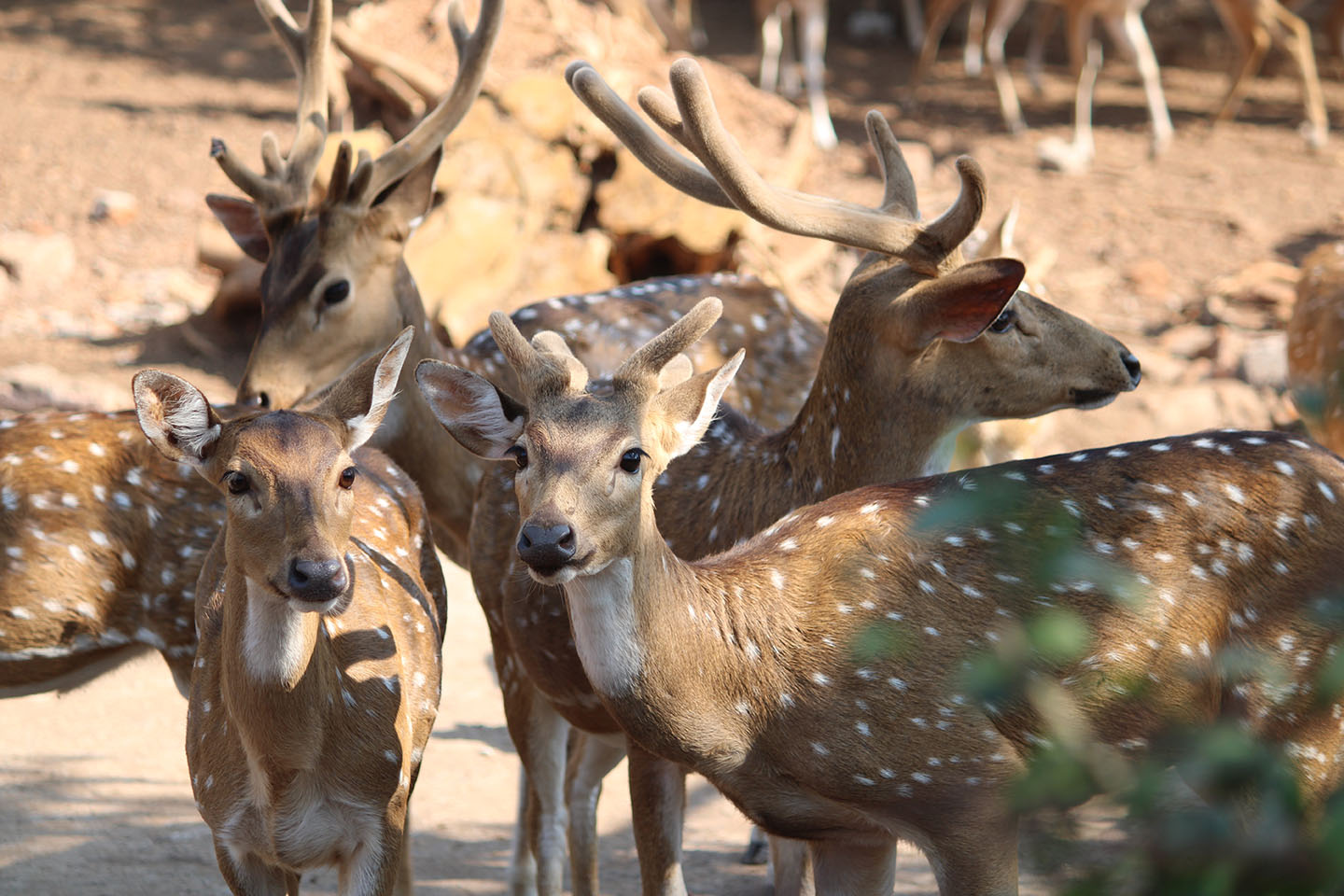

Multicellular means that an organism is made up of many cells. Most organisms on Earth are multicellular, including humans, animals, plants, and fungi.
Single-celled organisms are much simpler than multicellular organisms. They only have one cell, which means that they have to do everything for themselves. Multicellular organisms, on the other hand, can specialise their cells to do different jobs. This allows multicellular organisms to be much more complex and to do things that single-celled organisms cannot do.
For example, the cells in your body are specialized to do different jobs. Your skin cells protect you from the environment, your muscle cells help you to move, and your brain cells help you to think.
Plants are multicellular organisms.

Adjective: Having many cells.
Noun: An organism that has many cells.
The word "multicellular" comes from the Latin words "multi" (meaning "many") and "cellular" (meaning "of or relating to cells"). The Latin word "cellular" is derived from the Latin word "cellula" (meaning "little room").
The word "multicellular" was first used in English in the early 19th century to describe organisms that have many cells.
What things are multicellular?